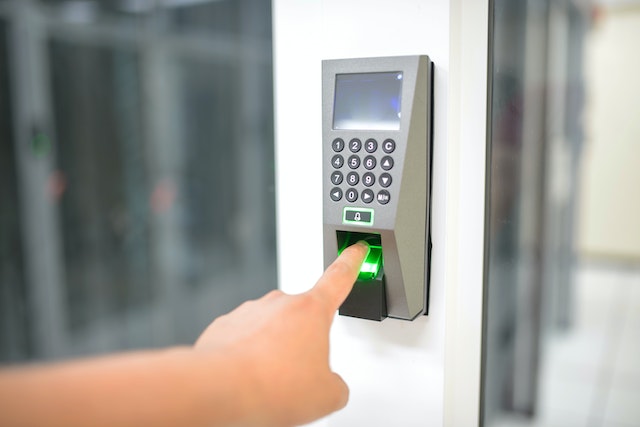Preventing Unauthorized Access – Why Access Control Systems Are Essential
Unauthorized access can cost a company or organization time, money and trust. The damage is long-lasting, and the losses are wide-ranging. Access control systems are a form of physical security that manages who has access to a building, room or other area. The system checks credentials (physical or digital such as a key card, mobile device or fingerprint) and only allows entry when authorized.
Contents
Prevents Theft
If your business or organization is susceptible to theft and fraud, an access control system may be the right solution. These systems restrict entry to a specific area of your building and keep unauthorized people out, reducing the risk of these crimes. Employees with security clearance can use an access control system to get where they need to be at any time, without the hassle of carrying around a big key ring or going back and forth between offices. This saves time and reduces the chance of keys being lost or duplicated. An access control systems Orlando company can also help businesses meet compliance requirements. For example, an access control system can be set up to allow only the necessary employees to enter a room with sensitive data, helping prevent data breaches.
Protects Information
Whether the goal is to protect physical spaces or digital systems, access control limits who can see and use information, this prevents unauthorized disclosure, alteration and destruction of data as well as cyberattacks that could lead to service disruptions and loss of revenue. Modern access control technology requires users to present credentials, either physical (such as key cards or biometrics) or electronic (information on mobile devices) before it will unlock a door or allow them to access a system. This enables security professionals to monitor and limit who can enter a building or area without stationing guards at every door.
Role-based access control also helps businesses with multiple locations set consistent security policies for each site. This is a great option for schools with faculty who teach at two campuses or large companies with offices nationwide.
Prevents Fraud
A physical access control system uses credentials, such as a card reader, to verify someone’s identity before allowing them into an area. By requiring the user to present credentials, you can ensure only those who are supposed to be in the building will get inside, which helps prevent theft and unauthorized entry. Logical access control systems can authenticate and authorize people to access specific information, area or asset. They also monitor permissions and can block unused accounts to reduce risk from cyberattacks, regulatory fines and criminal liability. Dynamic authorization allows companies to change policies based on risk factors, such as the data type or time of day. This can help prevent privilege misuse by ensuring users only have access to information relevant to their job functions.
Keeps Employees Safe
Whether you work on a hazardous site with dangerous materials or need to limit who can enter rooms that contain them, access control lets you choose how and when workers get in and out. This makes them safer while allowing for maximum productivity.
Additionally, if a disgruntled employee is trying to sneak back into your building after being fired, an access system can help you keep them out. These systems also leave a clear record of who came in and when.
Many companies have to meet specific security protocols for sensitive information. Whether you store chemicals, biomedical waste, financial records or client data, an access control system can verify employees and restrict entry to areas that require special training. It can also verify visitors and limit access to IT rooms or servers.
Keeps Assets Secure
Whether it’s expensive equipment, office supplies or confidential documents, you can control access to them with an access control system. This prevents theft and protects against data breaches.
An ACS can verify a person’s identity without requiring security guards to do so. It also records data about who enters and exits a building or room, providing valuable information to security teams in an emergency.
Logical access control limits connections to computer networks, systems files and sensitive data, like customer data, client contracts, financial records, intellectual property, etc. It helps businesses meet regulatory standards and minimizes risk to business-critical assets, like personally identifiable and proprietary information. This is especially important in dynamic IT environments that include on-premises and cloud systems.

